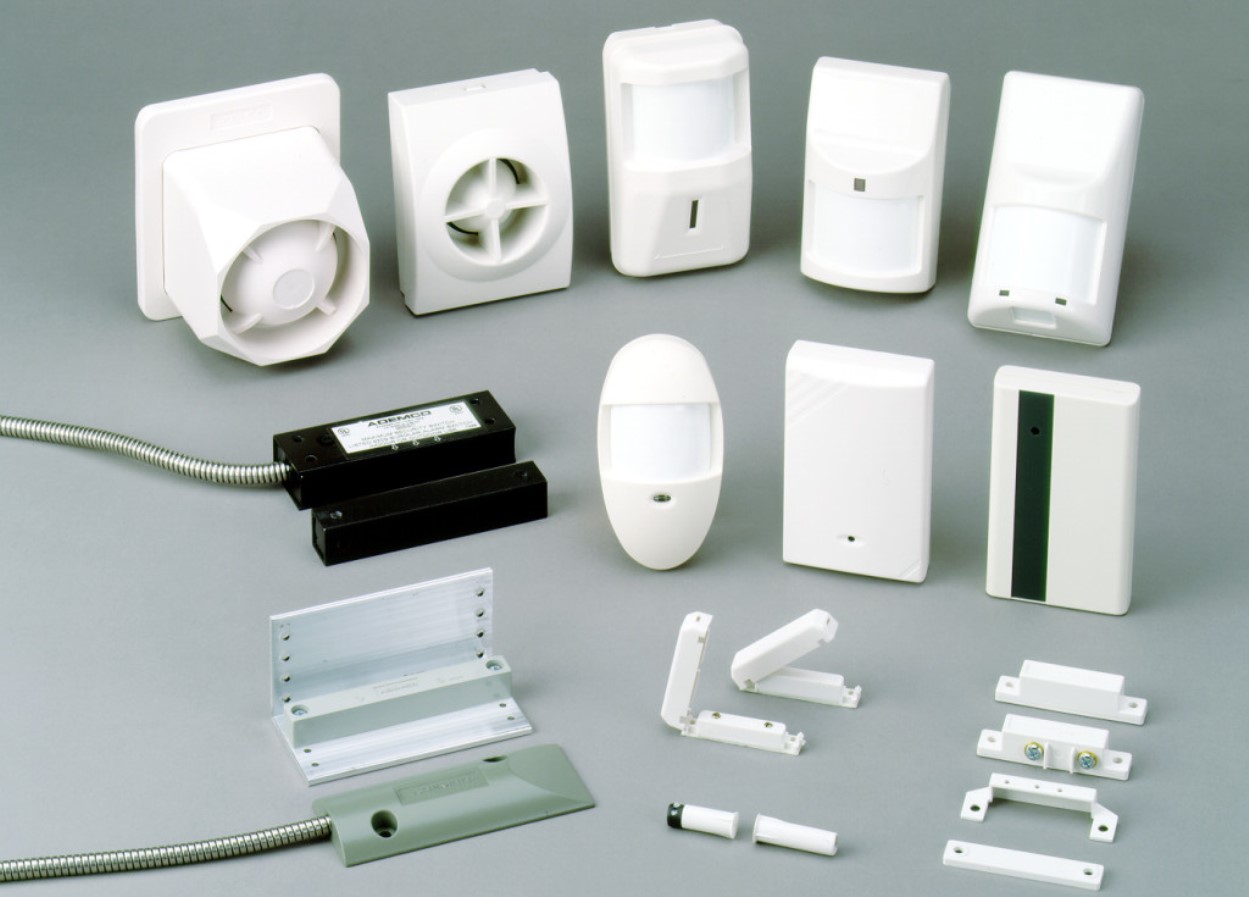The most important sensors for your home

Sensors are microsystems that, unnoticed by our eyes, penetrate into all spheres of life. Autonomous cars, fire safety systems, smart home systems, high-performance automated production systems – all this is based on a variety of sensors.
It would seem – until recently, the world was simple and familiar. We turned on the lights on our own, and when we were out of the house, we were blissfully unaware of what was happening in the walls of our own home. And no sensors and intelligent systems.
Many people still live in captivity of stereotypes in the harm of mysterious “radiation” from sensors, or simply do not understand what benefits and benefits such systems can bring to every home.
An all-seeing eye – into every home
Most of the sensors are based on a variety of semiconductors. Since their discovery, mankind has invented thousands of different types of sensors that respond to certain changes occurring in the external environment. Sensors can detect changes in the atmosphere, temperature, changes in the surrounding volume of objects, radiation and much more.
But what kind of sensors can be used in everyday life when designing household systems, such as a “smart home”.
Types of sensors for smart home
When designing a smart home system, such sensors can be used:
-
Motion sensor — for the design of a security system and for the creation of an efficient energy supply system;
-
Smoke detector – for fire safety system;
-
Gas sensor — to protect the house from leaks of explosive gases;
-
Special sensors “reed switch”, which determine whether the window is open – as a protection against burglary and improve the energy efficiency of the house;
-
Temperature sensors — so that the heating works only when it is really needed;
-
Leak sensor – will let you know in time that water is leaking in the bathroom.
All this is not a complete list of sensors that can be used in a smart home system.
How profitable is it to use sensors?
Despite the apparent high cost, the use of sensors is rational and leads to significant savings.
First of all, of course, we are talking about security. No matter how much the motion sensor in the security system costs, your life, in any case, is more expensive. After all, the sensor will warn about unwanted intrusion in time or give a signal to the police in case of an attempted robbery at the time of the absence of the owners in the house.
The use of sensors in the design of an energy system can pay off in 2-3 years, taking into account the rising cost of energy carriers. A properly configured smart home system with temperature sensors will not make it pointless to spend resources on heating when the owners are not at home. And vice versa, when a severe frost suddenly struck, and the owners are on vacation, they will turn on the heating so that the property does not deteriorate from sub-zero temperatures.
A leak sensor installed in the bathroom will dramatically reduce water loss.
And motion sensors inside the rooms integrated into the energy system will allow you to turn off the lights when people leave the room and thus save electricity.
Thus, the use of a variety of sensors in the smart home system is an economically rational choice.

Order
remotely with one click
